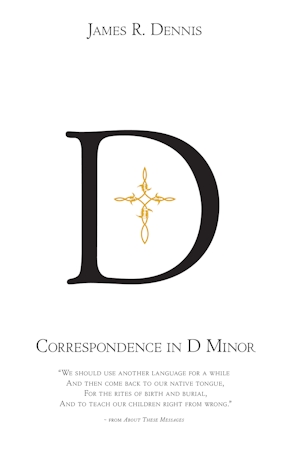Moving the Piano
978-1-936205-40-0 Paperback
6 x 9 x 0 in
100 pp.
Pub Date: 11/22/2011
Available
BUY NOW
- Paperback $16.95
In the title poem of Shearin's Moving The Piano, a piano hangs above a city street, bundled and displaced, awkward when it should be elegant, similar to her childhood of damaged Christmas trees, misunderstood pets, and untended lawns.
The piano is temporarily displaced, seen differently because it is lifted away from its ordinary surroundings: suspended above the burdens of the earth. The poems in this collection also seek to hold objects and emotions aloft, to allow them to dangle above the usual landscape, allowing the reader a new vantage point.
The book contains many poems that explore the particulars of life on the island of Kitty Hawk where she was a child; they pay attention to untended lawns, sunburns, turtles, motherhood, dead pets, and wilted Christmas trees. One very brief poem explains how to live without money. The collection pays notice to foxes and jellyfish, to the places where she can hear the ocean; it ponders aging and money and motherhood. Shearin says of the piano: "We cannot/ turn away from its startling/ moment of freedom, its perilous fling/ before it returns to the burdens of this earth." Her poems capture that perilous fling.
Her first collection, The Owl Question, won the May Swenson Award and the poems in her second, The Empty House, helped he rwin a grant from The National Endowment for the Arts. Her work has appeared regularly in Ploughshares, The Sun, and North American Review and has been read aloud by Garrison Keillor on his show The Writer's Almanac. Recent work also appears in the Autumn House Anthology of Contemporary American Poets.
The poems in Moving the Piano were written over a period of three years, on the island of Kitty Hawk, with the help of grants from the NEA and the Barbara Deming Memorial Fund. They contain the images and emotions and ideas that she finds most compelling and moving;About the Author
Published by Stephen F. Austin University Press

